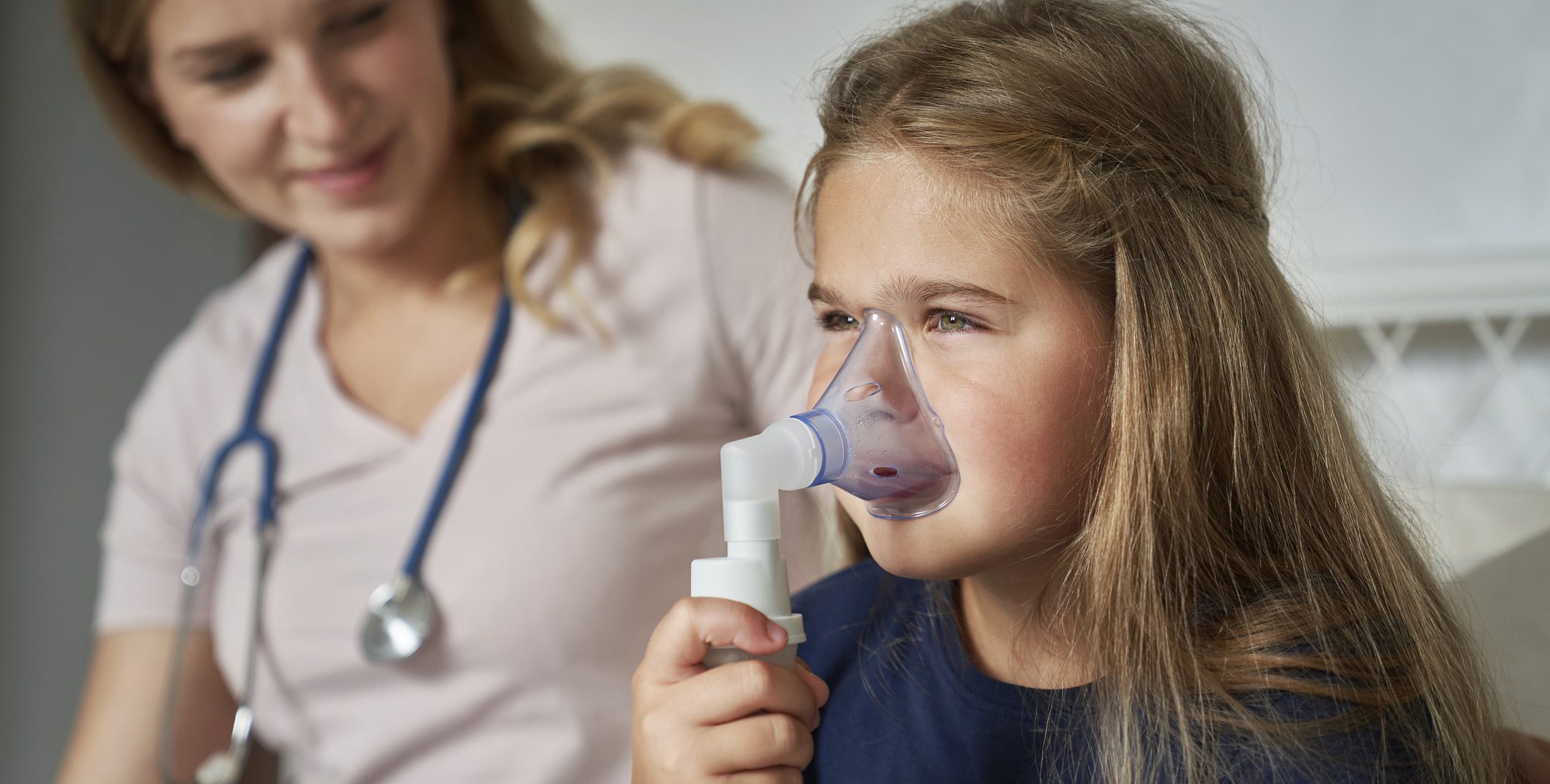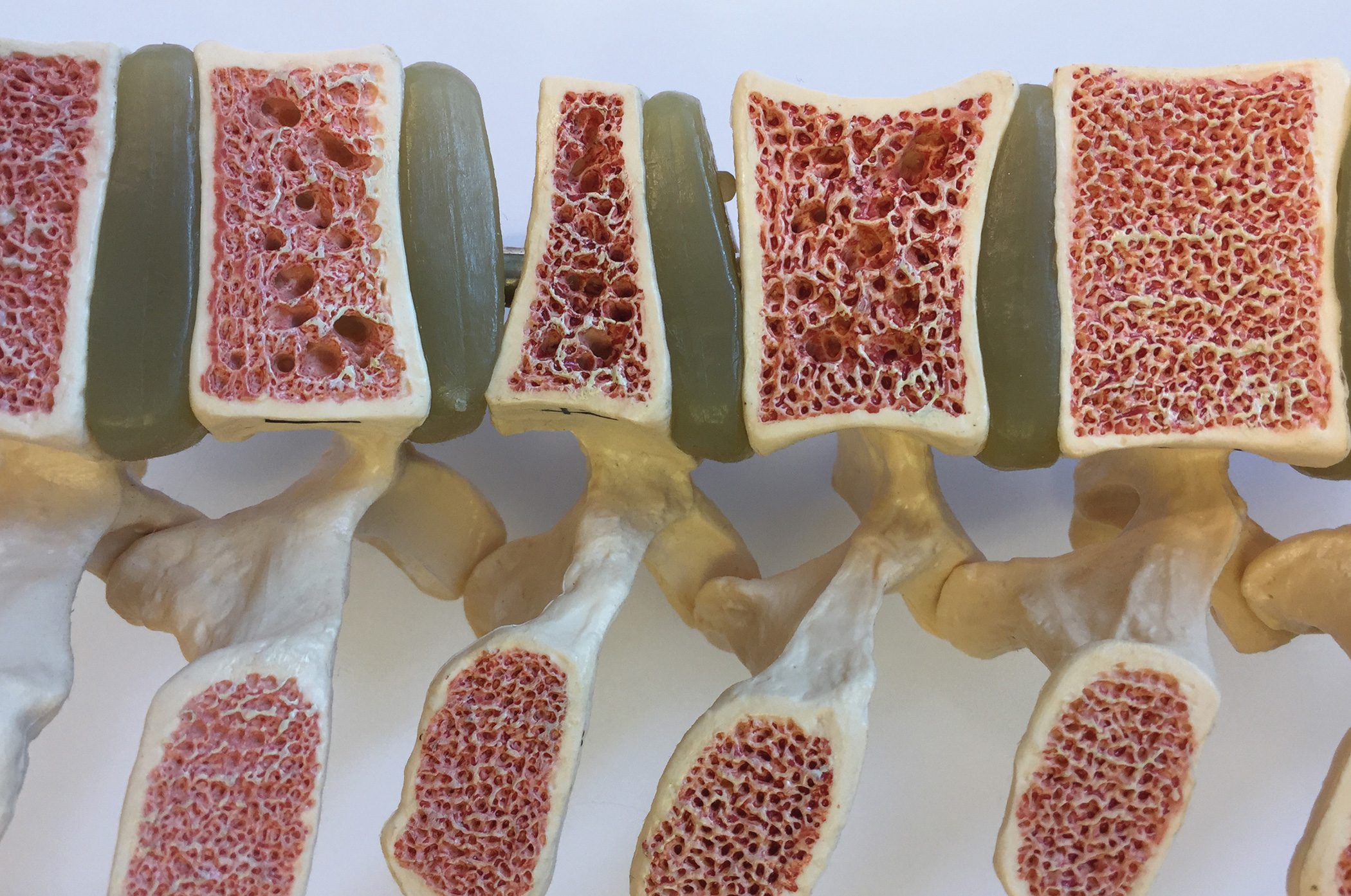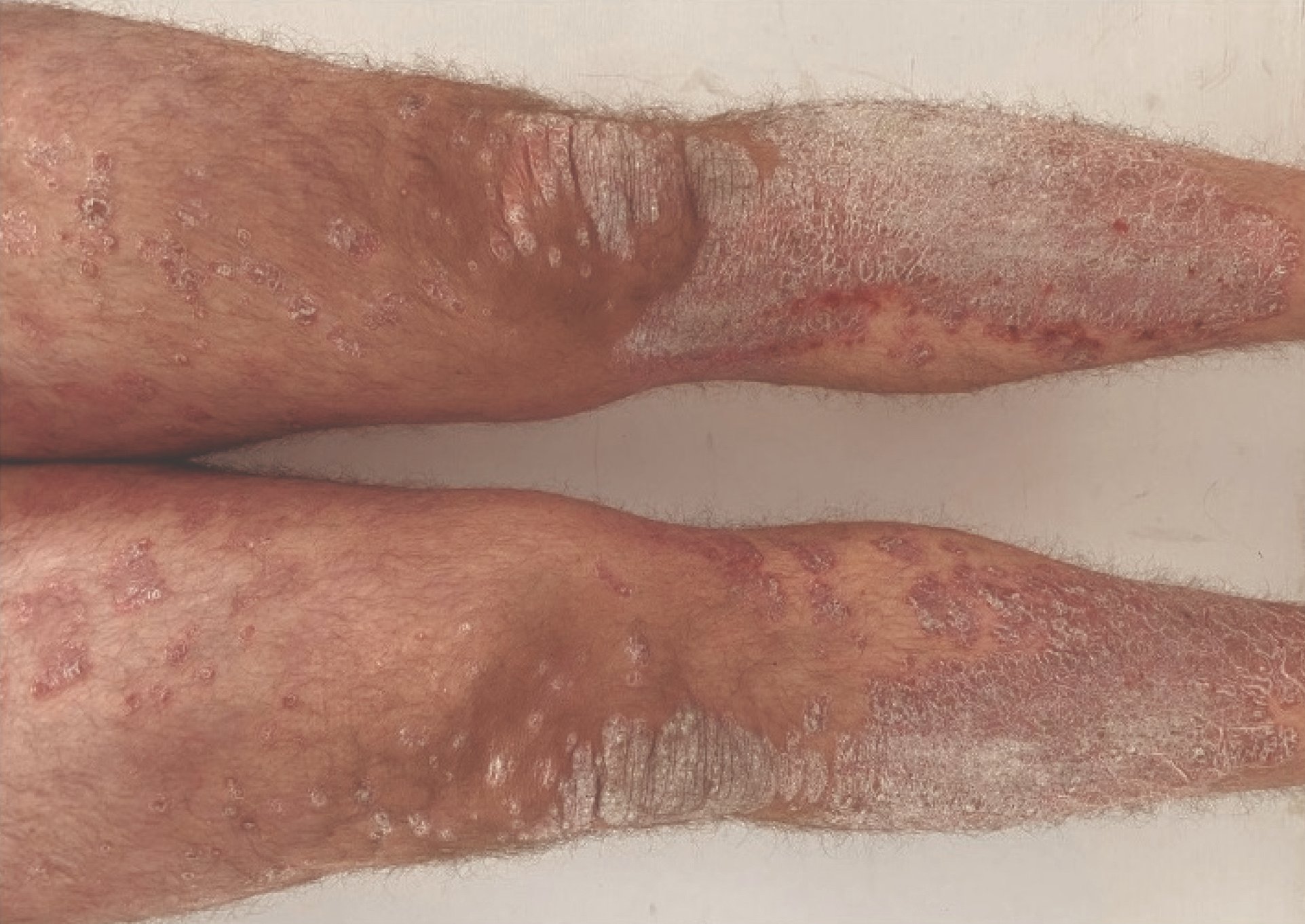Frequent exacerbations are a key factor in the poor prognosis of COPD. Avoiding them is therefore an important goal in therapy. Vaccinations against bacterial and viral infections such as pneumococcus, whooping cough, influenza, SARS-CoV-2, herpes zoster (HZ) and, in the near future, respiratory syncytial virus (RSV) are preventive measures.
Although studies and national guidelines show that vaccination is beneficial for patients with COPD, vaccination coverage in this patient group remains low. A group led by Dr. Susanne Simon from the Hannover Medical School has summarized the most relevant vaccination strategies that are already available or will soon be available [1].
In addition to basic immunizations, scientists recommend that COPD patients be immunized against a range of pathogens.
Pneumococcus
Pneumococcal pneumonia is one of the main causes of increased morbidity and mortality in patients with COPD. Community-acquired pneumonia leads to a long-term increase in the risk of COPD exacerbations in adults. The Global Initiative for Chronic Obstructive Lung Disease (GOLD) 2023 guidelines therefore recommend vaccination for patients with COPD to prevent severe disease.
The 23-valent polysaccharide-based vaccine (PPV23) has been on the market for many years and is recommended for adults aged ≥65 years and other high-risk groups. PPSV23 covers the most common pneumococcal serotypes, but vaccination with polysaccharide-based vaccines (PPVs) results in an immune response that is limited to B cell stimulation and antibody production.
For some time now, 15- and 20-valent pneumococcal conjugate vaccines (PCV15 and PCV20) have been licensed for the prevention of invasive disease and pneumonia caused by S. pneumoniae in adults. These newly available vaccines contain additional serotypes (Fig. 1). Data from Denmark and England have shown lower morbidity and mortality in adults with PCV20 protection compared to PPV23, which could reduce the financial burden of pneumococcal disease.
A 24-valent PCV vaccine containing four additional serotypes and V114, a 15-valent pneumococcal conjugate vaccine containing all 13 serotypes of PCV13 and the additional serotypes 22F and 33F, are in development. These new vaccine types not only contain more serotypes, but also represent a new technology with a stronger immune response. In addition, a phase 1/2 study with a 21-valent PCV vaccine (V116) containing pneumococcal polysaccharides was published in 2023. The vaccine was well tolerated and its safety profile was similar to that of PPSV23 and the licensed PCVs. The vaccine was no worse than PPSV23 for the 12 serotypes common to both vaccines and better than PPSV23 for the nine unique serotypes in V116.
Influenza
Patients with chronic lung disease and/or immunosuppressive factors such as steroid treatment for COPD are among the risk groups for whom an annual influenza vaccination is recommended.
Vaccine efficacy varies between virus subtypes, leading to a discrepancy between the composition of the vaccine and the seasonally circulating strains. In older people, the immunity induced by the flu vaccination decreases and they have a higher risk of flu and its complications. For this reason, high-dose and adjuvanted vaccines are preferably recommended for people aged 65 and over.
During the COVID-19 pandemic, mRNA vaccines were a real breakthrough in the fight against the virus. The advantages of this technology are high efficacy and a fast production process, as a shorter production time can lead to better matching of strains and improve the efficacy of current vaccines. The influenza vaccines can easily be given together with mRNA vaccines against SARS-CoV-2 in one session.
SARS-CoV-2
Infection with the SARS-CoV-2 virus poses a particularly high health risk for patients with COPD. There are currently no studies on the effectiveness of the COVID-19 vaccine directly in people with COPD. There are also no data describing the effects of COVID-19 vaccination on the frequency of COPD exacerbations.
Although COVID vaccines are strongly recommended for COPD patients and the need to protect this vulnerable group is clear, more concrete evidence and data on the efficacy of the vaccine in COPD should be obtained in the future, Dr. Simon and her colleagues write.
Herpes zoster
The recombinant zoster vaccine is recommended for adults aged 50 and over and for those aged 18 and over who are at increased risk of herpes zoster. The vaccine efficacy of the recombinant zoster vaccine reaches 97% in adults without immunodeficiency. In patients with severe immunodeficiency, such as recipients of hematopoietic cell transplants or patients with hematologic malignancies, the efficacy is 68-90%.
In patients with COPD, the risk of herpes zoster is up to 2.8 times higher. It is suspected that the dysregulation of the immune system in COPD increases the risk of developing herpes zoster, which is exacerbated by the immunosuppressive effect of inhaled or systemic steroids. There is no data conclusively demonstrating vaccine efficacy in COPD patients, but due to the higher risk, vaccination of COPD patients is strongly recommended, even if they are under 50 years of age.
Respiratory syncytial virus (RSV)
COPD patients are at high risk from RSV. The risk of needing intensive medical care increases by 50%, and the risk of needing mechanical ventilation by as much as 90%. Until recently, there were no approved vaccines or prophylactic measures for COPD patients that could be used preventively. The urgent need for safe and effective preventive therapies has led to the development of several vaccine candidates.
In 2023, two vaccines against the RS virus for adults aged ≥60 years received EU approval. Both are protein-based vaccines, but RSVPreF3 is adjuvanted, whereas RSVPreF is not. In a study, the adjuvanted protein-based vaccine showed convincing efficacy in the prevention of lower respiratory tract infections and severe respiratory tract infections in adults aged ≥60 years, regardless of RSV subtype and the presence of concomitant diseases.
RSVPreF3, demonstrated consistently high vaccine efficacy, which was also observed across a range of predefined secondary endpoints, highlighting the vaccine’s impact on populations most at risk of the severe consequences of RSV.
Pertussis
COPD can increase the risk and severity of a pertussis infection. A retrospective cohort study from the United Kingdom examined the incidence of whooping cough in people aged ≥50 years with COPD using the Clinical Practice Research Datalink and Hospital Episode Statistics databases from 2009-2018. Patients with COPD were 2.32 times more likely to contract pertussis, leading to a significant increase in healthcare resource utilization and direct medical costs associated with pertussis. New and immunologically improved vaccines are expected in the next few years.
| Tips for clinical practice In addition to the standard vaccination, COPD patients should be vaccinated with: |
| – an annual high-dose or adjuvanted quadrivalent influenza vaccination, |
| – a single dose of PCV20, |
| – two doses of a recombinant zoster vaccine, |
| – Initial and booster vaccination against SARS-CoV-2 with mRNA vaccines. |
| Awareness of vaccination should be raised among doctors and patients with COPD. |
Strategies
Vaccines are considered one of the most effective preventive measures in modern medicine. In summary, all patients with COPD should be vaccinated against influenza, pneumococcal disease, COVID-19, pertussis and herpes zoster if they have not already received these vaccinations. Table 1 provides an overview of the currently approved vaccines and their indications, efficacy and side effects. Vaccination rates in COPD patients are usually far from the recommended strategies.
Chronic diseases in general and COPD in particular are a challenge for healthcare systems around the world. Vaccination can effectively reduce the risk of exacerbations, pneumonia and associated hospitalizations. Thanks to vaccine research during the COVID-19 pandemic, development in this field has increased significantly, and new vaccine technologies will lead to even better results in the future, Dr. Simon et al. her conclusion.
In the authors’ opinion, the vaccination status of patients with COPD should be checked once a year. The recommended vaccinations include influenza, pneumococcal, SARS-CoV-2 and HZ vaccinations. Since the tetanus/diphtheria vaccination is recommended every ten years for other reasons, a triple vaccination (including a pertussis booster) or even a quadruple vaccination (plus polio) should be preferred in future.
Literature:
- Simon S, Joean O, Welte T, Rademacher J: The role of vaccination in COPD: influenza, SARS-CoV-2, pneumococcus, pertussis, RSV and varicella zoster virus. European Respiratory Review 2023; 32: 230034; doi: 10.1183/16000617.0034-2023.
InFo PNEUMOLOGIE & ALLERGOLOGIE 2024; 6(1): 24–26














